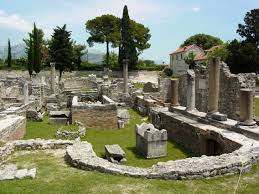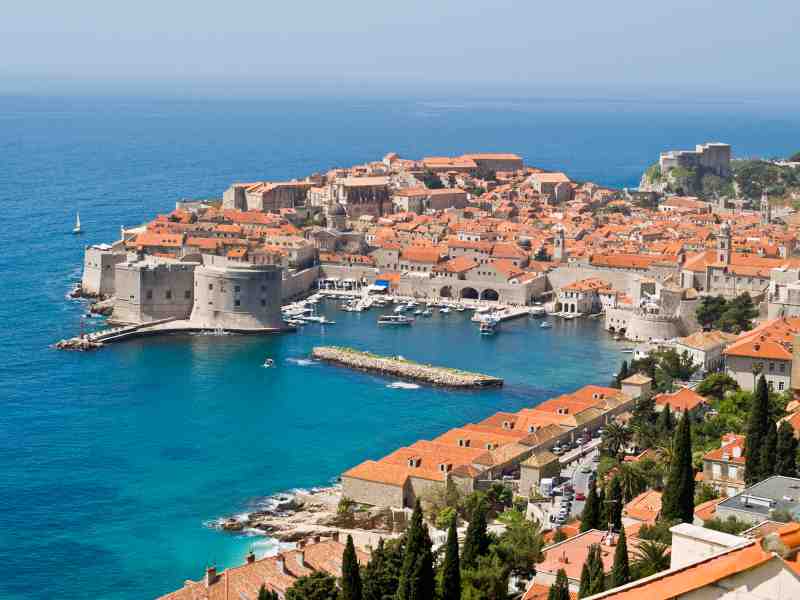The Romans retired in Coastal Croatia
Dalmatia was a retirement village for the Romans
The Romans established the province of Illyricum, which was gradually enlarged during a series of wars that brought much of the Dalmatian coast within their control. By 11 BC, Rome conquered much of the interior, which was inhabited by the Pannonian tribe, extending the empire’s reach to the middle and lower Danube. The realm was reorganized into Dalmatia (the former Illyricum), and Upper and Lower Pannonia, which covered much of the interior of modern Croatia.
In antiquity the Roman province of Dalmatia was much larger than the present-day Split-Dalmatia County, stretching from Istria in the north to historical Albania in the south. Despite the Illyrians being subject to a strong process of acculturation, they continued to speak their native language, worship their own gods and traditions, and follow their own social-political tribal organization which was adapted to the Romans administration and political structure only in some necessities.
The Romans ruled the area for five centuries, making Salona (now Solin) their administrative headquarters. Their network of roads, linking the coast with the Aegean and Black Seas and with the Danube, facilitated trade, making the region a nice money-maker for the Romans. In addition to Salona, other important Roman towns included Jadera (Zadar), Parentium (Poreč), Polensium (Pula) and, later, Spalato (Split).
When the Roman Empire began to crack in the late 3rd century AD, two strong Dalmatian emperors emerged. Emperor Diocletian was born in Salona in AD 236 and became emperor in AD 285. While establishing strong central control, he divided Dalmatia into Dalmatia Salonitana, with its capital at Salona, and Dalmatia Praevalitana, with its capital at Scodra (Schkoder in modern Albania). By placing the two regions in separate dioceses he sowed the seeds for the later division into the Eastern and Western Roman Empires.
Source: Lonely Planet





